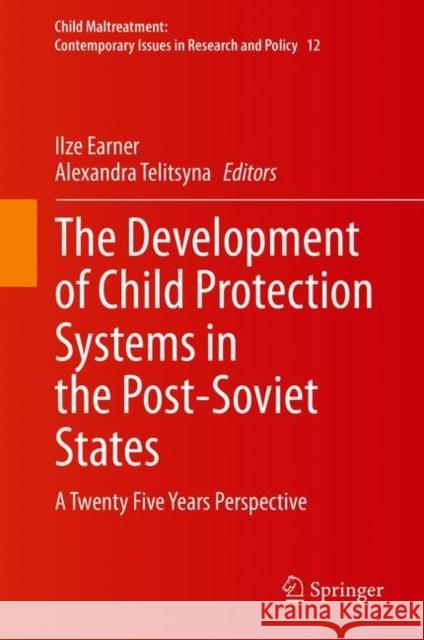The Development of Child Protection Systems in the Post-Soviet States: A Twenty Five Years Perspective » książka
topmenu
The Development of Child Protection Systems in the Post-Soviet States: A Twenty Five Years Perspective
ISBN-13: 9783030595876 / Angielski / Twarda / 2021 / 203 str.
The Development of Child Protection Systems in the Post-Soviet States: A Twenty Five Years Perspective
ISBN-13: 9783030595876 / Angielski / Twarda / 2021 / 203 str.
cena 484,18
(netto: 461,12 VAT: 5%)
Najniższa cena z 30 dni: 462,63
(netto: 461,12 VAT: 5%)
Najniższa cena z 30 dni: 462,63
Termin realizacji zamówienia:
ok. 22 dni roboczych
Dostawa w 2026 r.
ok. 22 dni roboczych
Dostawa w 2026 r.
Darmowa dostawa!
Kategorie:
Kategorie BISAC:
Wydawca:
Springer
Seria wydawnicza:
Język:
Angielski
ISBN-13:
9783030595876
Rok wydania:
2021
Wydanie:
2021
Numer serii:
000446695
Ilość stron:
203
Waga:
0.50 kg
Wymiary:
23.88 x 19.56 x 1.52
Oprawa:
Twarda
Wolumenów:
01











